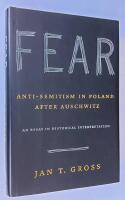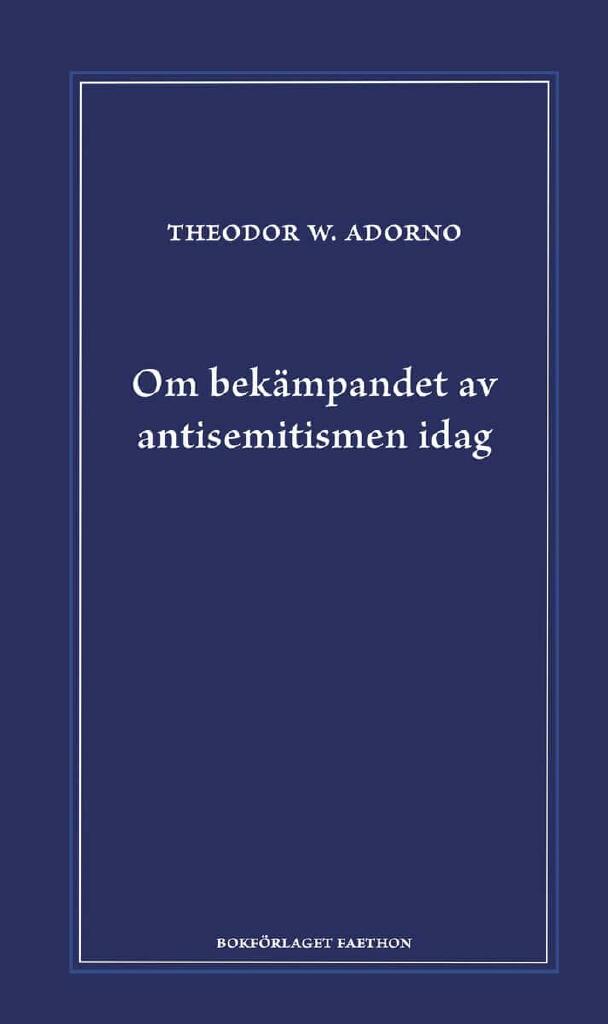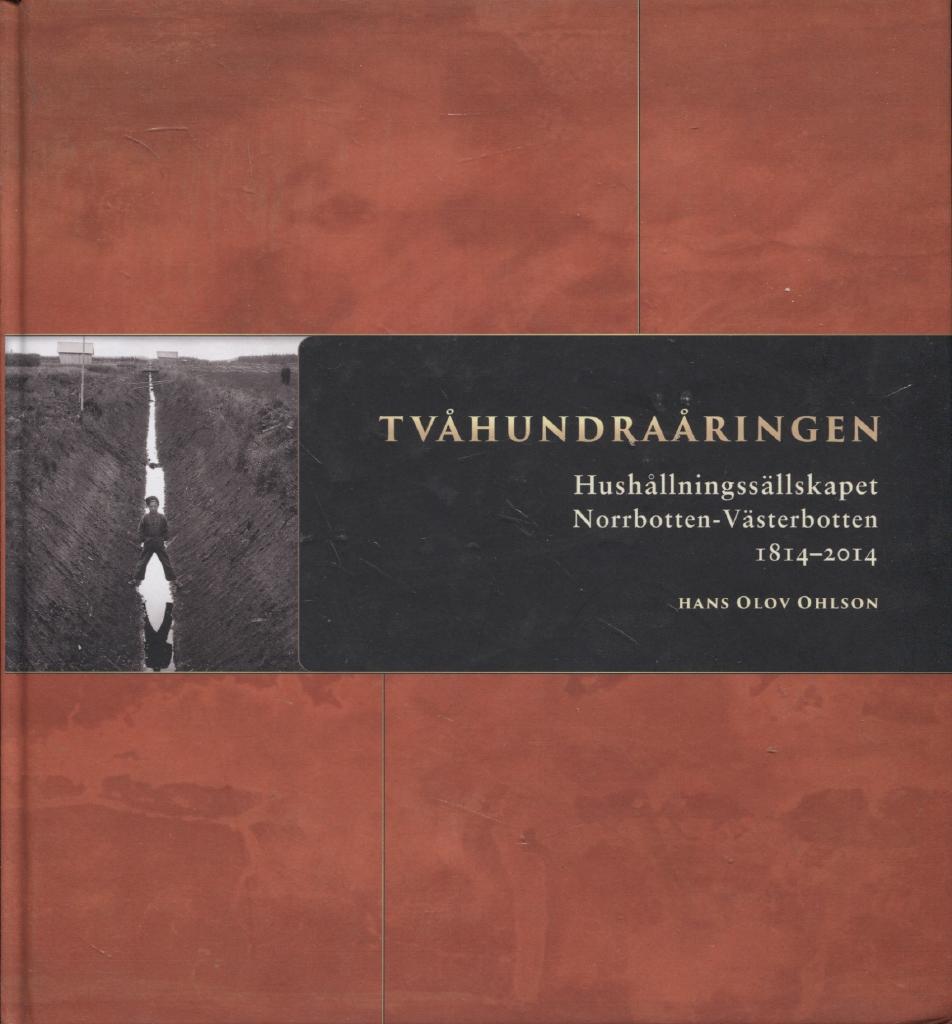
Fear. Anti-Semitism in Poland After Auschwitz.
Inbunden bok. Random House. 1 uppl. 2006. 303 sidor.
Mycket gott skick. Skyddsomslag i mycket gott skick. How was anti-Semitism possible in Poland after the second world war? The author examines the reasons for hostility toward Jews in Poland in the aftermath of World War II. An essay in historical interpretation. Inbunden, förlagsband med skyddsomslag. 8:o. 242x165x27 mm. 590 g. Välvårdat och fint ex, ej ägarnamn. [4505] /---/ Jan Tomasz Gross (born 1947) is a Polish-American sociologist and historian. He is the Norman B. Tomlinson '16 and '48 Professor of War and Society, emeritus, and Professor of History, emeritus, at Princeton University. Gross is the author of several books on Polish history, particularly Polish-Jewish relations during World War II and the Holocaust, including Neighbors: The Destruction of the Jewish Community in Jedwabne, Poland; Fear: Anti-Semitism in Poland after Auschwitz; and (with Irena Grudzinska Gross) Golden Harvest. His 2001 book about the Jedwabne massacre, Neighbors caused controversy because it addressed the role of local Poles in the massacre. He wrote that the atrocity was committed by Poles and not by the German occupiers. Gross's book generated controversy and was the subject of vigorous debate in Poland and abroad. A subsequent investigation conducted by the Polish Institute of National Remembrance (IPN) supported some of Gross's conclusions. In addition, the IPN concluded there was more involvement by Nazi German security forces in the massacre. Polish journalist Anna Bikont began an investigation at the same time, ultimately publishing a book, My z Jedwabnego (2004), later published in French and English as The Crime and the Silence: Confronting the Massacre of Jews in Wartime Poland. On a summer day in 1941 in Nazi-occupied Poland, half of the town of Jedwabne brutally murdered the other half: 1,600 men, women, and children-all but seven of the town's Jews. In this shocking and compelling study, historian Jan Gross pieces together eyewitness accounts as well as physical evidence into a comprehensive reconstruction of the horrific July day remembered well by locals but hidden to history. Revealing wider truths about Jewish-Polish relations, the Holocaust, and human responses to occupation and totalitarianism, Gross's investigation sheds light on how Jedwabne's Jews came to be murdered-not by faceless Nazis, but by people who knew them well. Derived from a Publishers Weekly article: This volume documents how nearly all of the Jews of Jedwabne, Poland, were murdered on one dayâ "most of them burned aliveâ "by their non-Jewish neighbors. Drawing on testimony that prompted and emanated from a 1949 Polish trial, Gross carefully describes how apparently normal citizens terrorized and killed approximately 1,600 Jewish villagers. Gross, a professor of politics and European studies at New York University, also attempts to place this heinous crime in historical and political context, concluding that he can explain but not fully understand.
Förlagsfakta
- ISBN
- 9780375509247
- Titel
- Fear - anti-semitism in Poland after Auschwitz
- Författare
- Gross, Jan Tomasz
- Utgivningsår
- 2006
- Omfång
- 303 sidor
- Bandtyp
- Hft. : 2007
- Språk
- English











